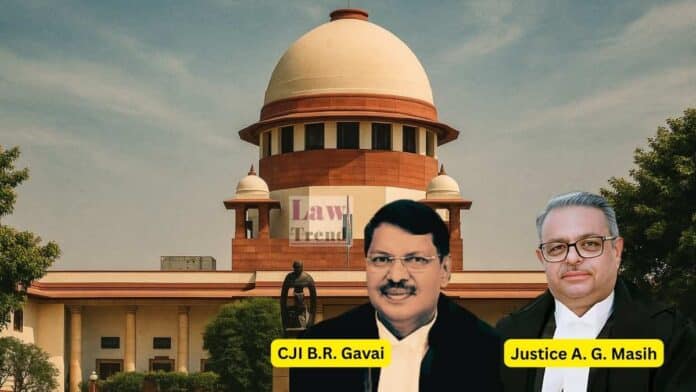The Supreme Court of India on Thursday delivered a landmark judgment clarifying and strengthening the constitutional rights of an arrested person, holding that the “grounds of arrest” must be communicated in writing in all cases, including those under the Bharatiya Nyaya Sanhita (BNS) or the preceding Indian Penal Code (IPC). A bench comprising Chief Justice
To Read More Please Subscribe to VIP Membership for Unlimited Access to All the Articles, Download Available Copies of Judgments/Order, Acess to Central/State Bare Acts, Advertisement Free Content, Access to More than 4000 Legal Drafts( Readymade Editable Formats of Suits, Petitions, Writs, Legal Notices, Divorce Petitions, 138 Notices, Bail Applications etc.) in Hindi and English.




